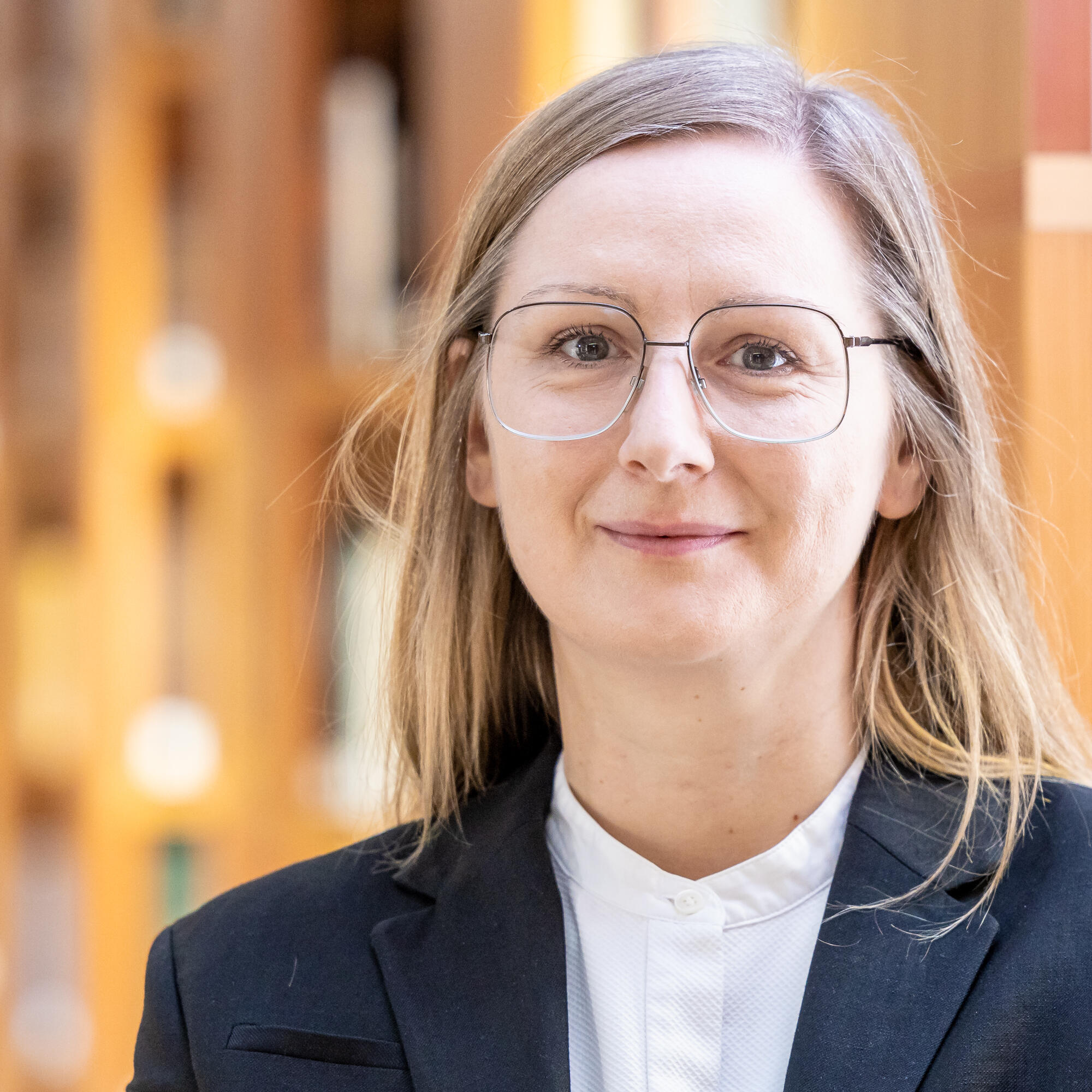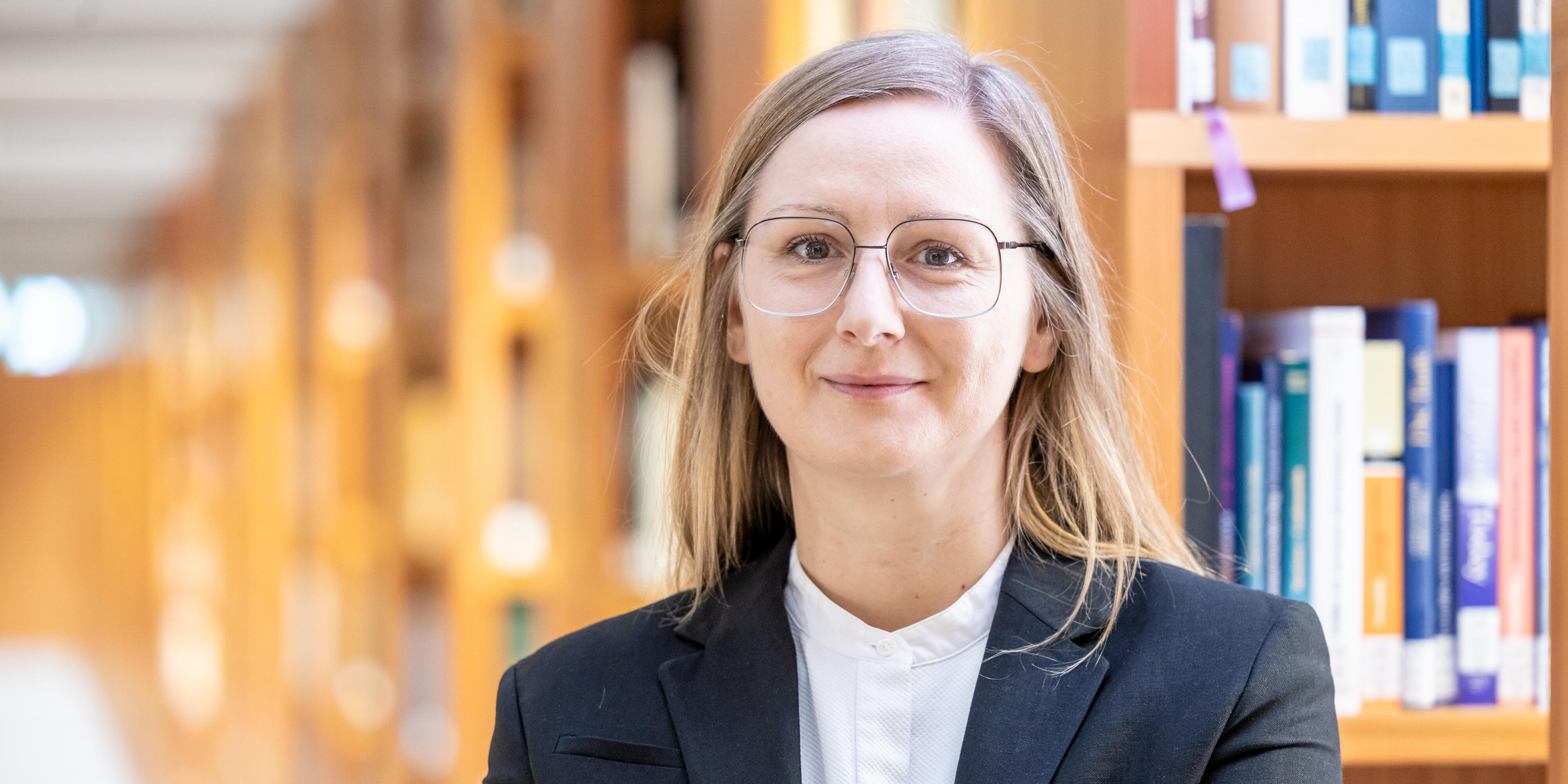



Exhibition: “Re:Set: From Slide to Database – Media Change in Art History”


Workshop: “Digital Restitution: Bridging Access, Conservation, and Ethical Challenges”
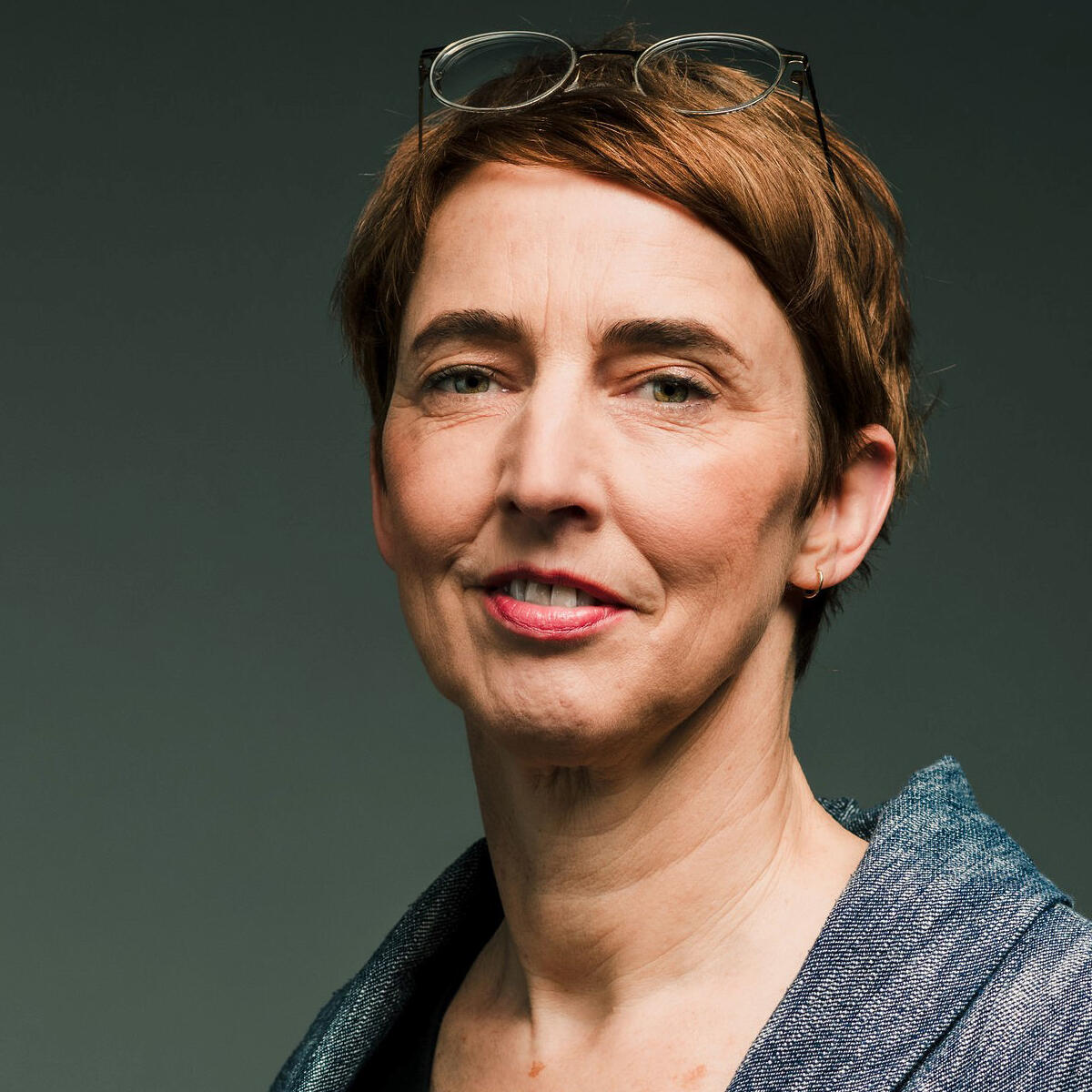
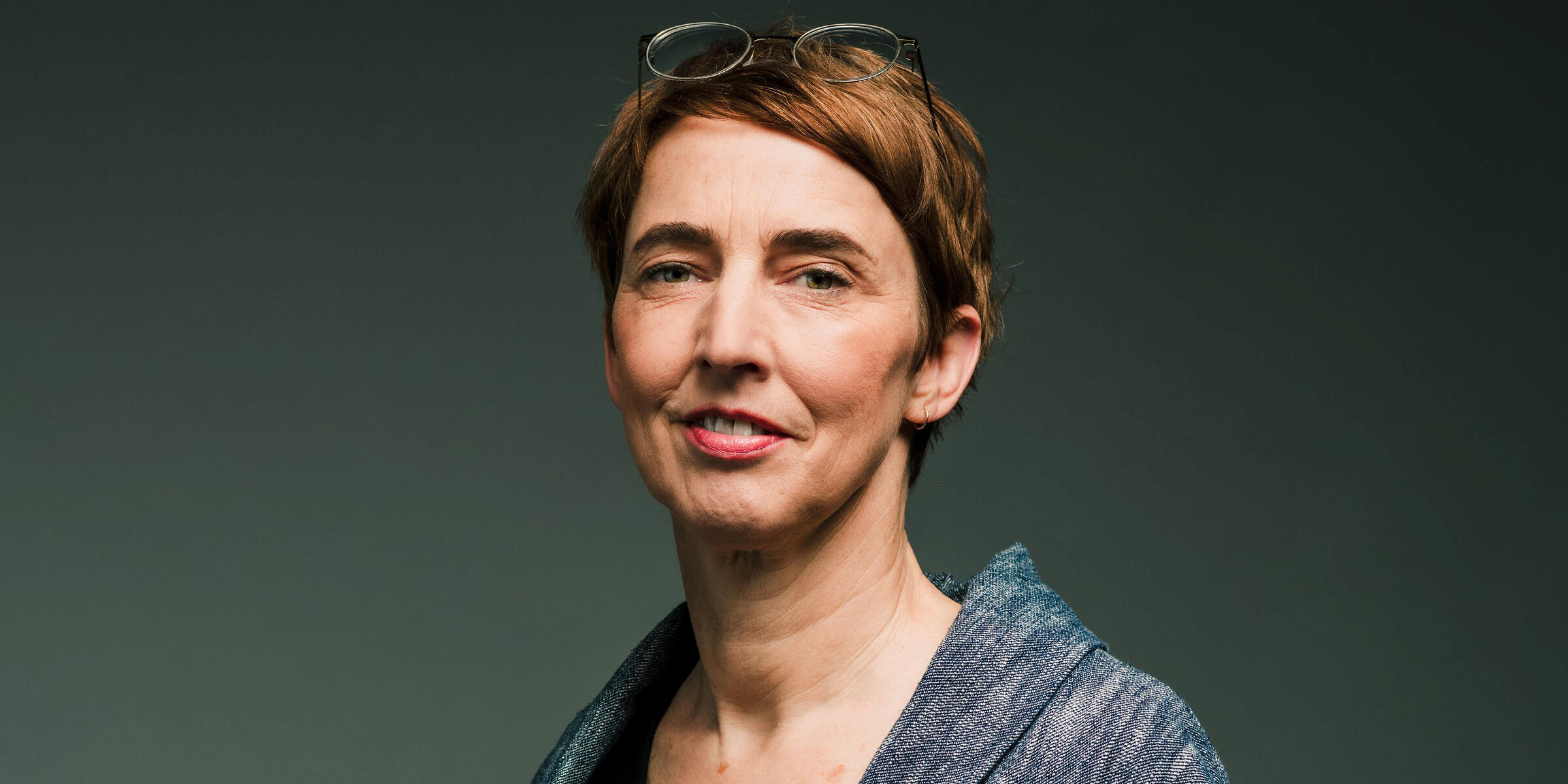
Fifth Summer School Museology


Fellow Lecture: “The Revolution Will Not Be Televised. Image and social justice in digitalized consumer societies”


Workshop: “Droste Digital – A new access to literature?”


Film series: “Access and Return: Restitution in films”


Fellow Lecture: “Zugang FAIR gestalten: Was sind und was können Referenzontologien?”


Exhibition: “Access to curatorial networks – Postcards by Kasper König”


Fellow Lecture: “Digital guest books – A cultural good that has been neglected until now?”


Fellow Lecture: “Ur & Alexandria: Counter-narrating museum history to access diverse heritage”


Guest Lecture: “Kopieren als Adaptieren”
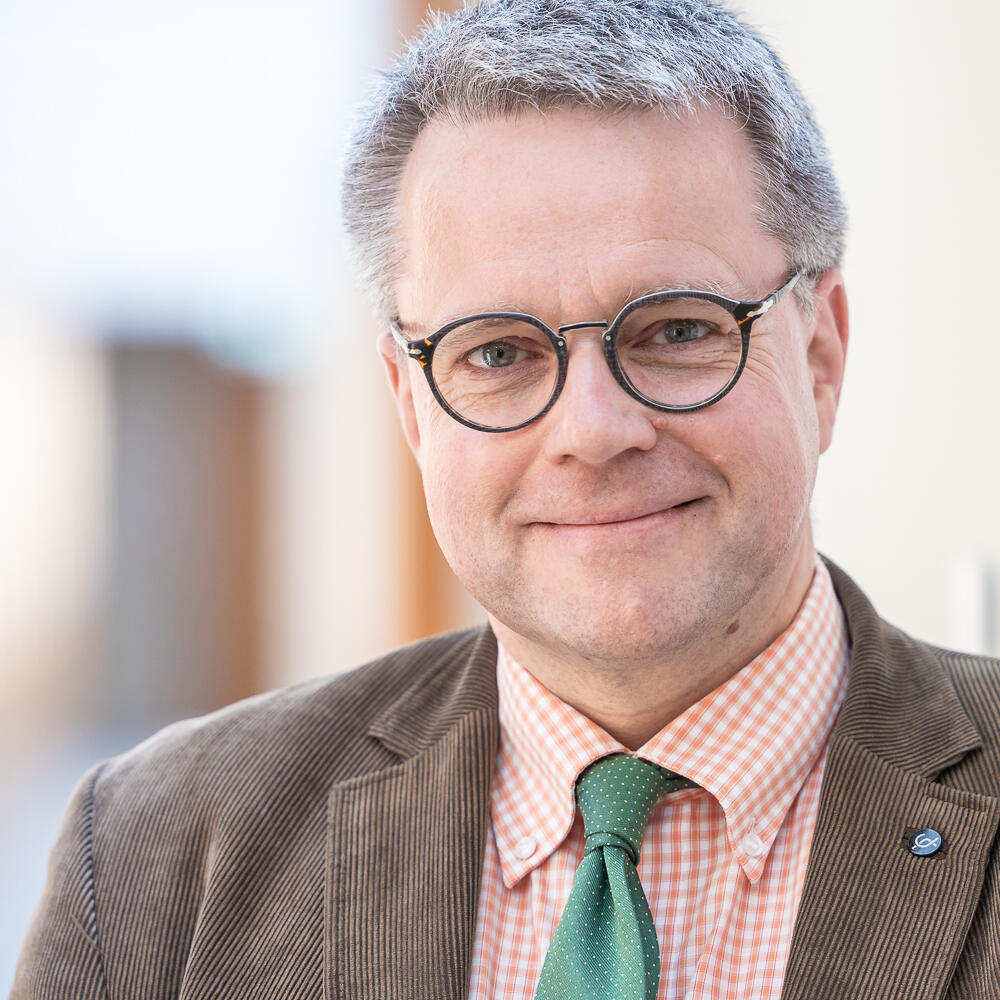
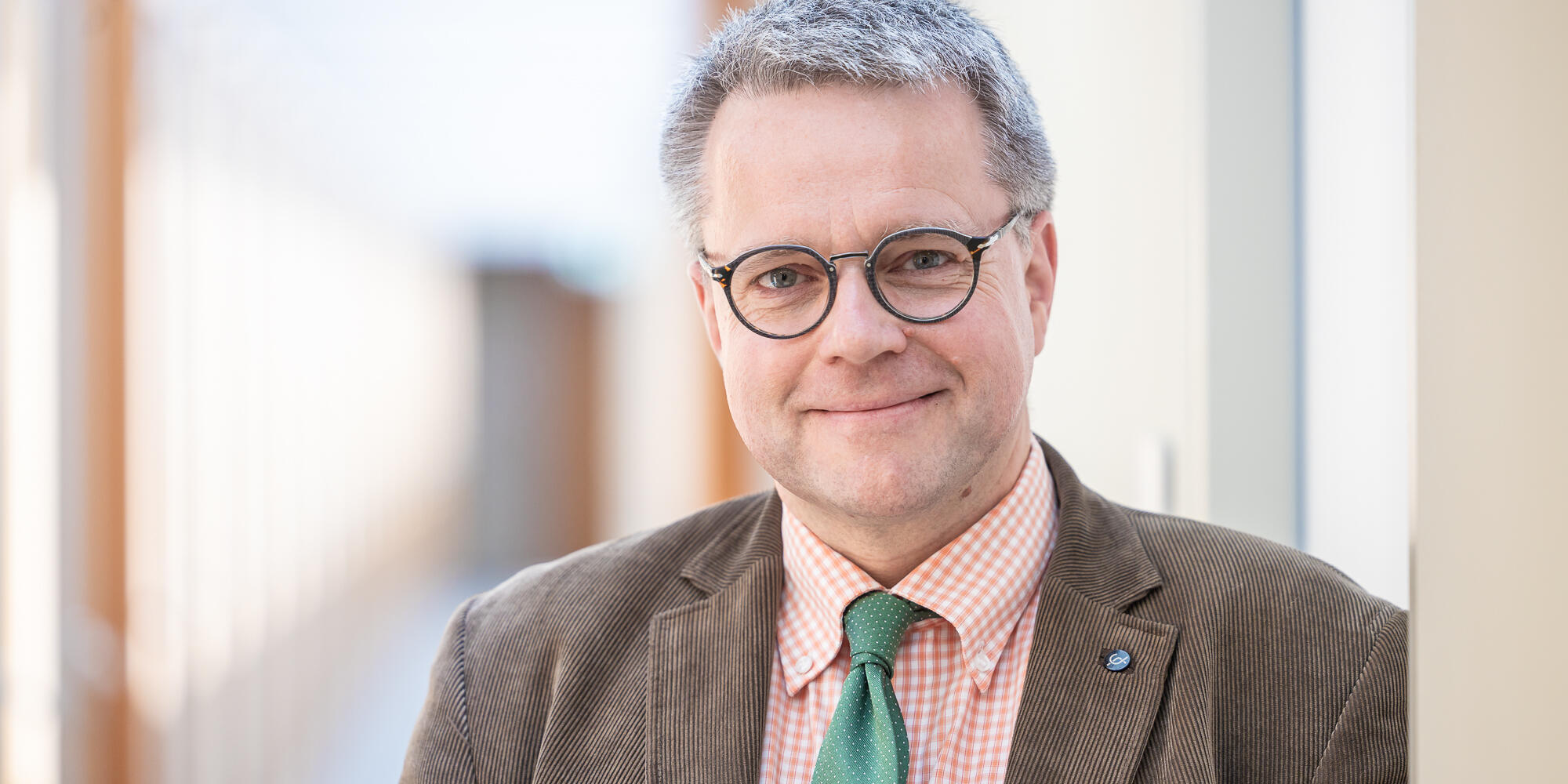
“Strukturprobleme des digitalen kulturellen Gedächtnisses – am Beispiel des neuen niedersächsischen Pflichtexemplargesetzes”


Guided Tour “Art on the Campus”


“Is there such a thing as a just war?”: Lecture at the Goethe-Institut Kyoto


Autonomy of art


Master class “Access to Contested Collections – Digital and Analog”
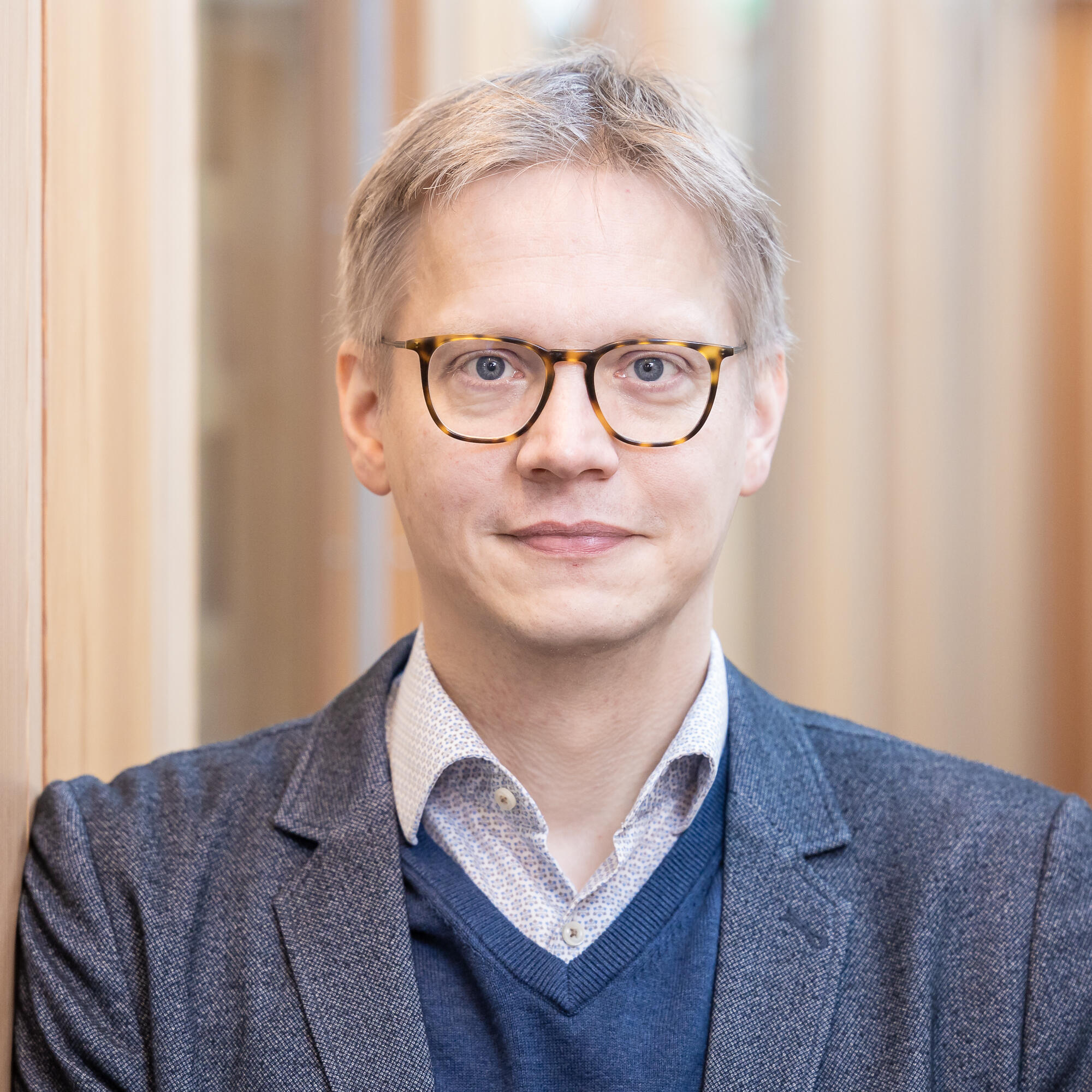
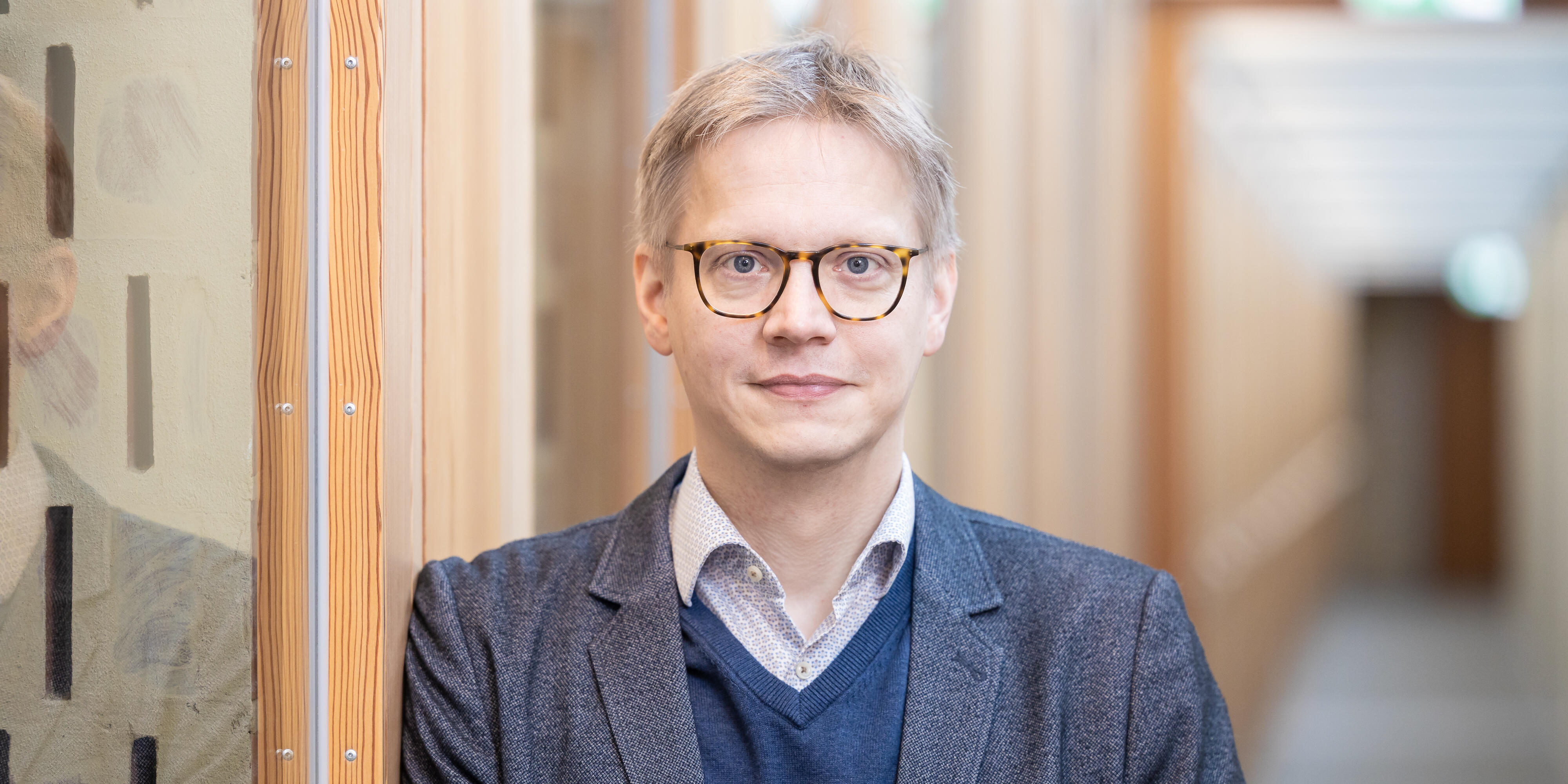
Fellow Lecture: “Zugangsdynamiken romantischer Kunst: Zwei Schlaglichter auf französische Malerei”
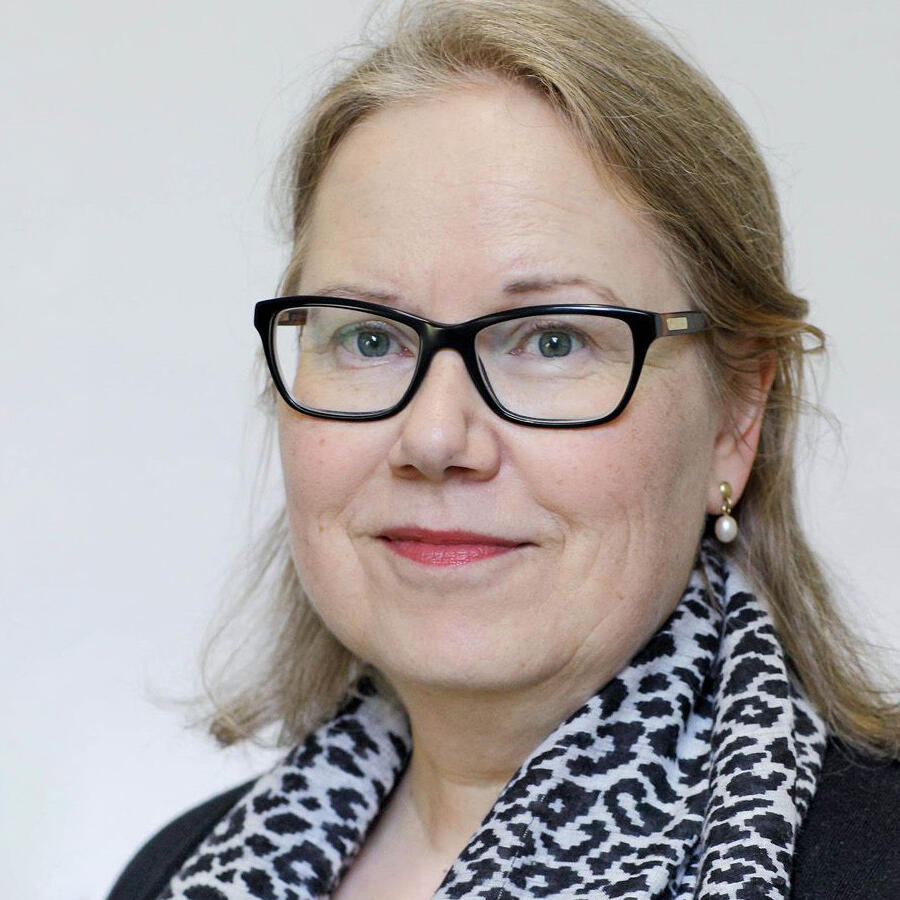
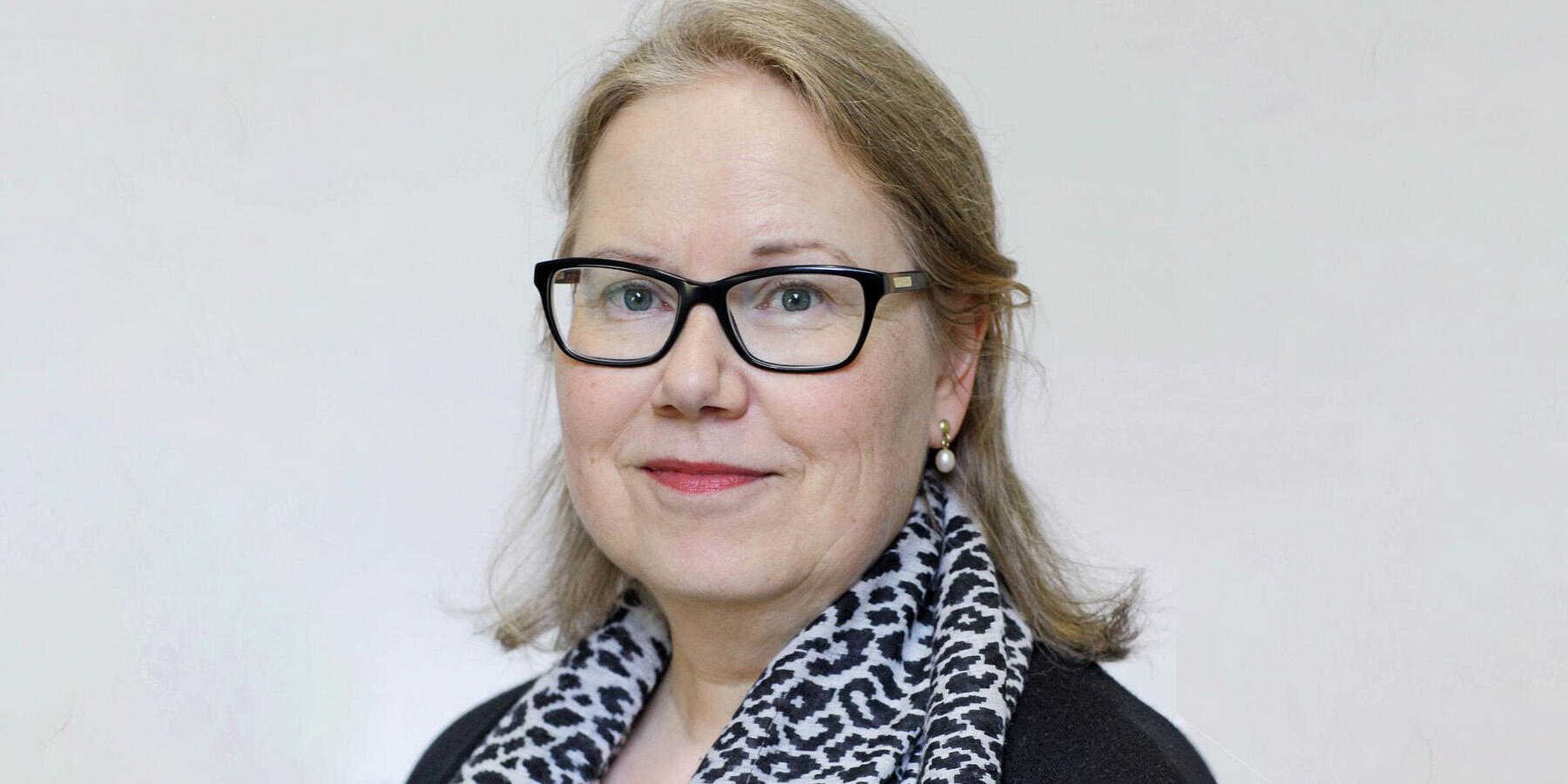
Lecture: “Fülle und Leere. Kuratieren als Ermöglichen”
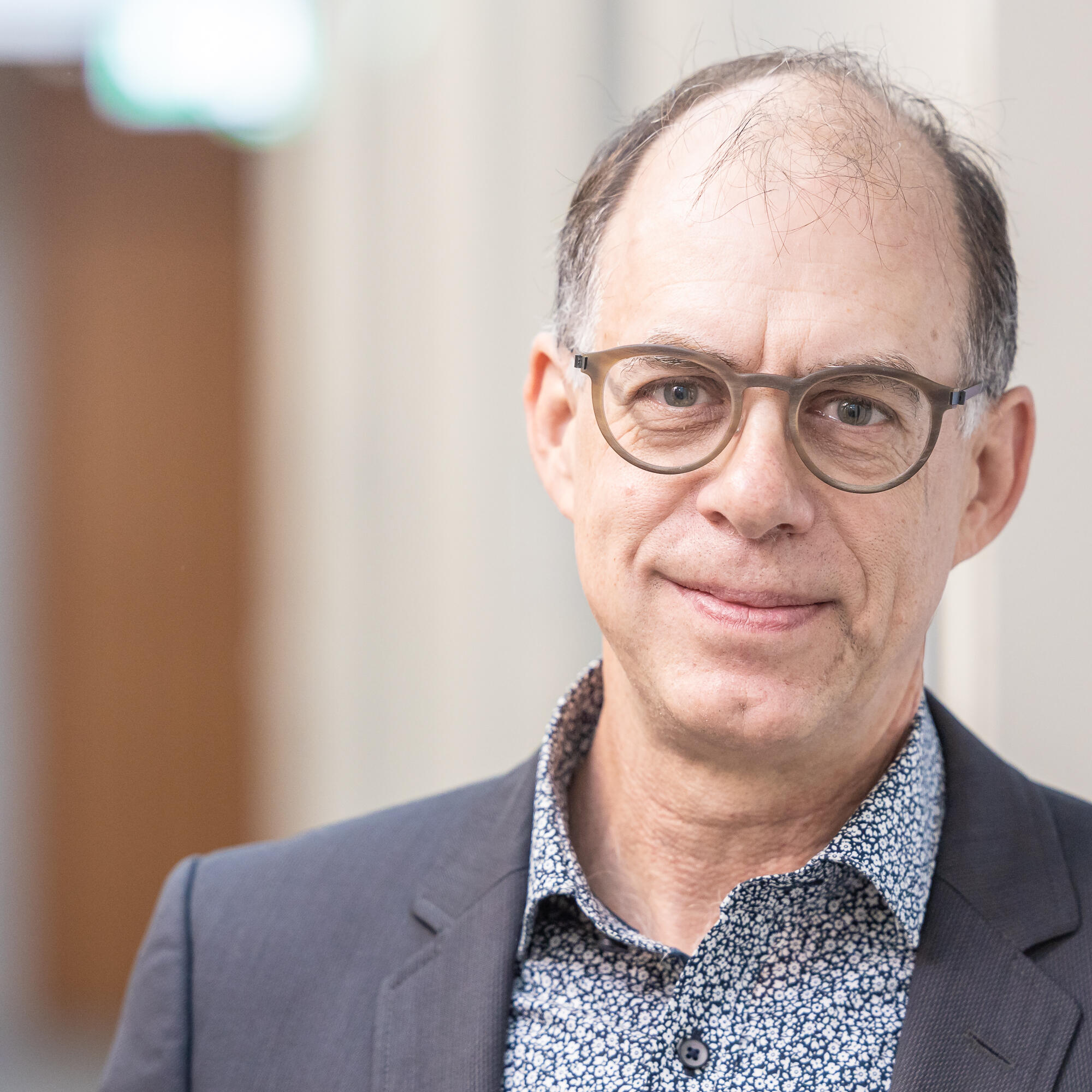
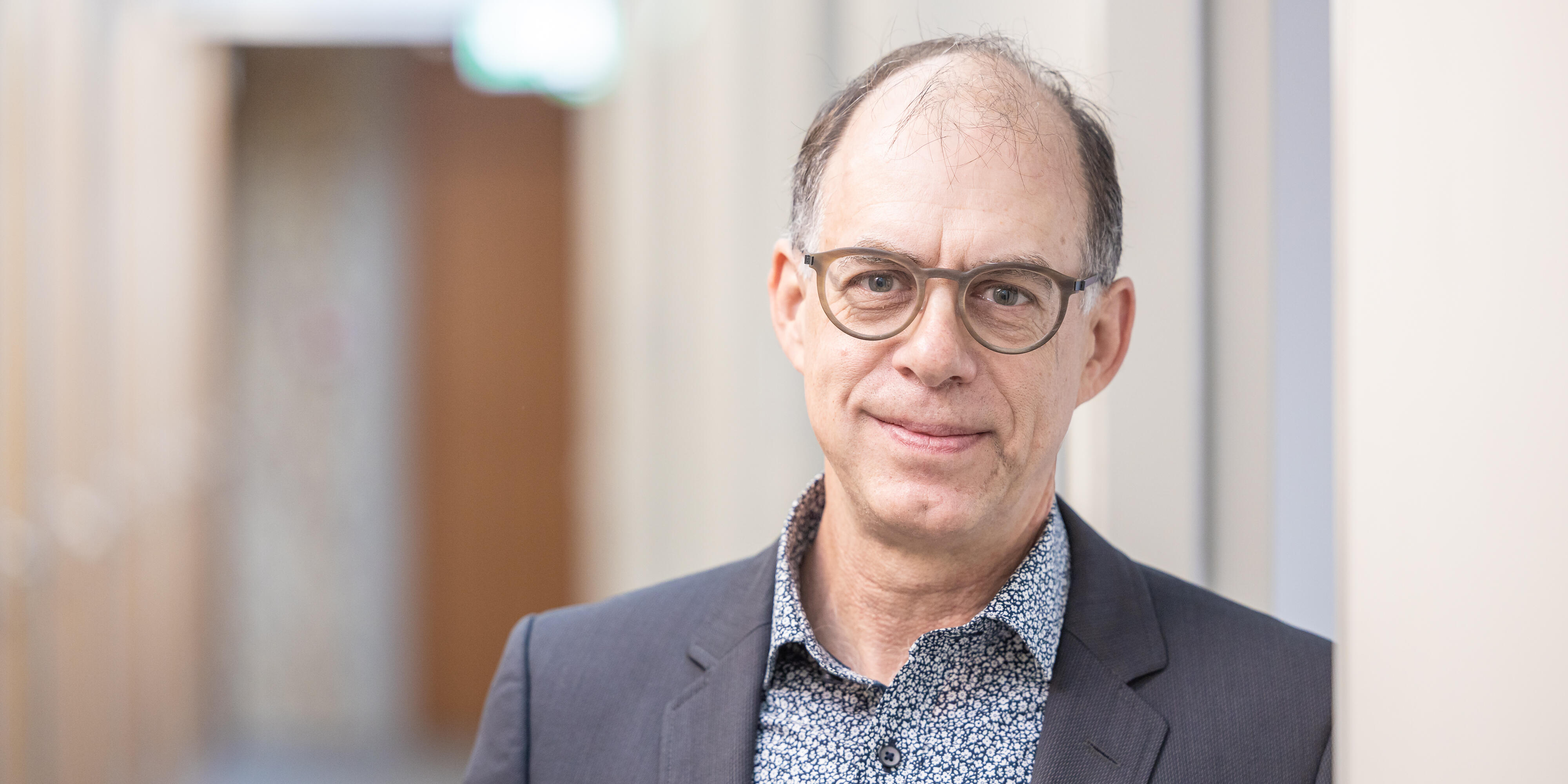
Fellow Lecture: “Kunst für alle? Kunstgeschichte, Kunstbegriff, Kanon – Zugänglichkeit und Wertungsfragen im digitalen Wandel”
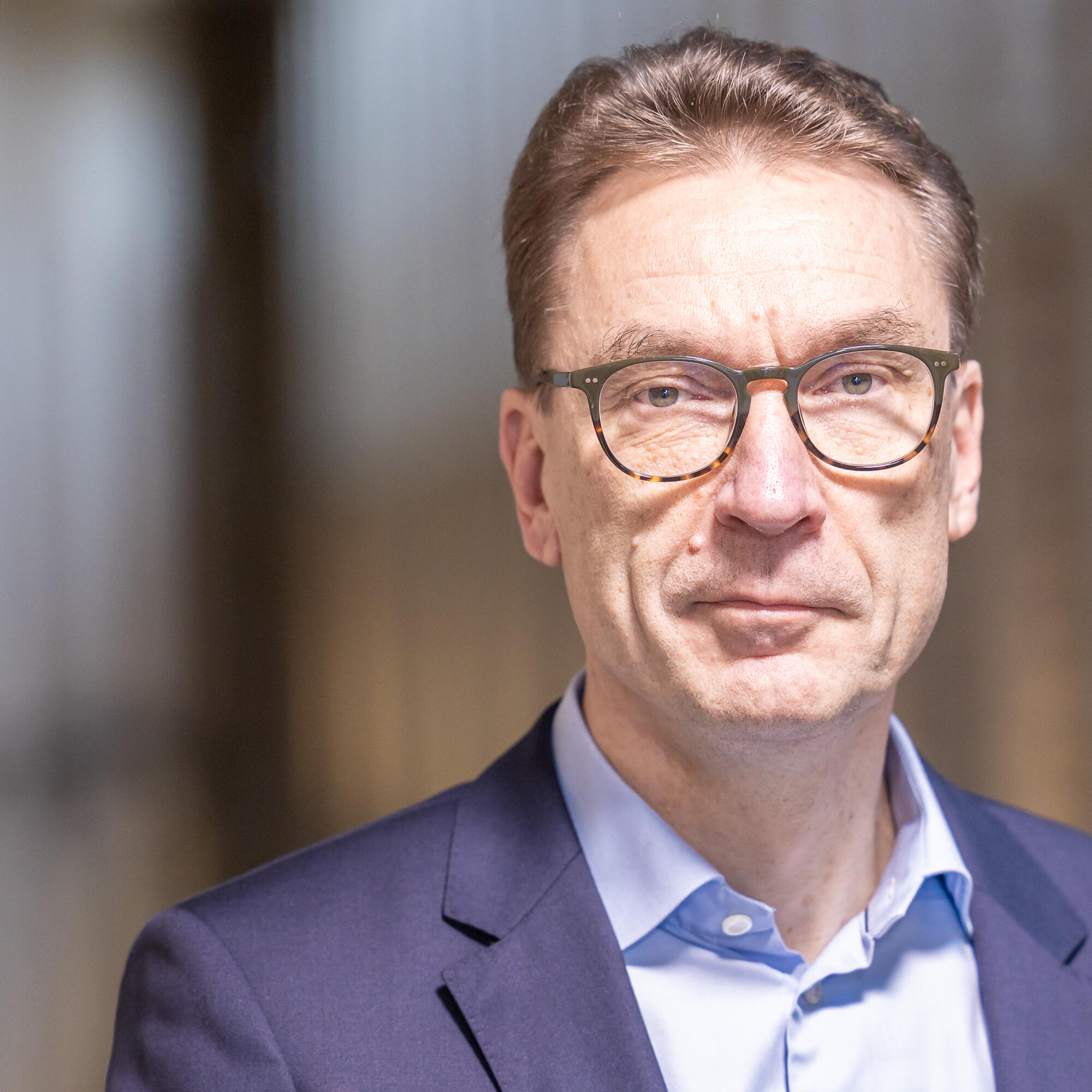
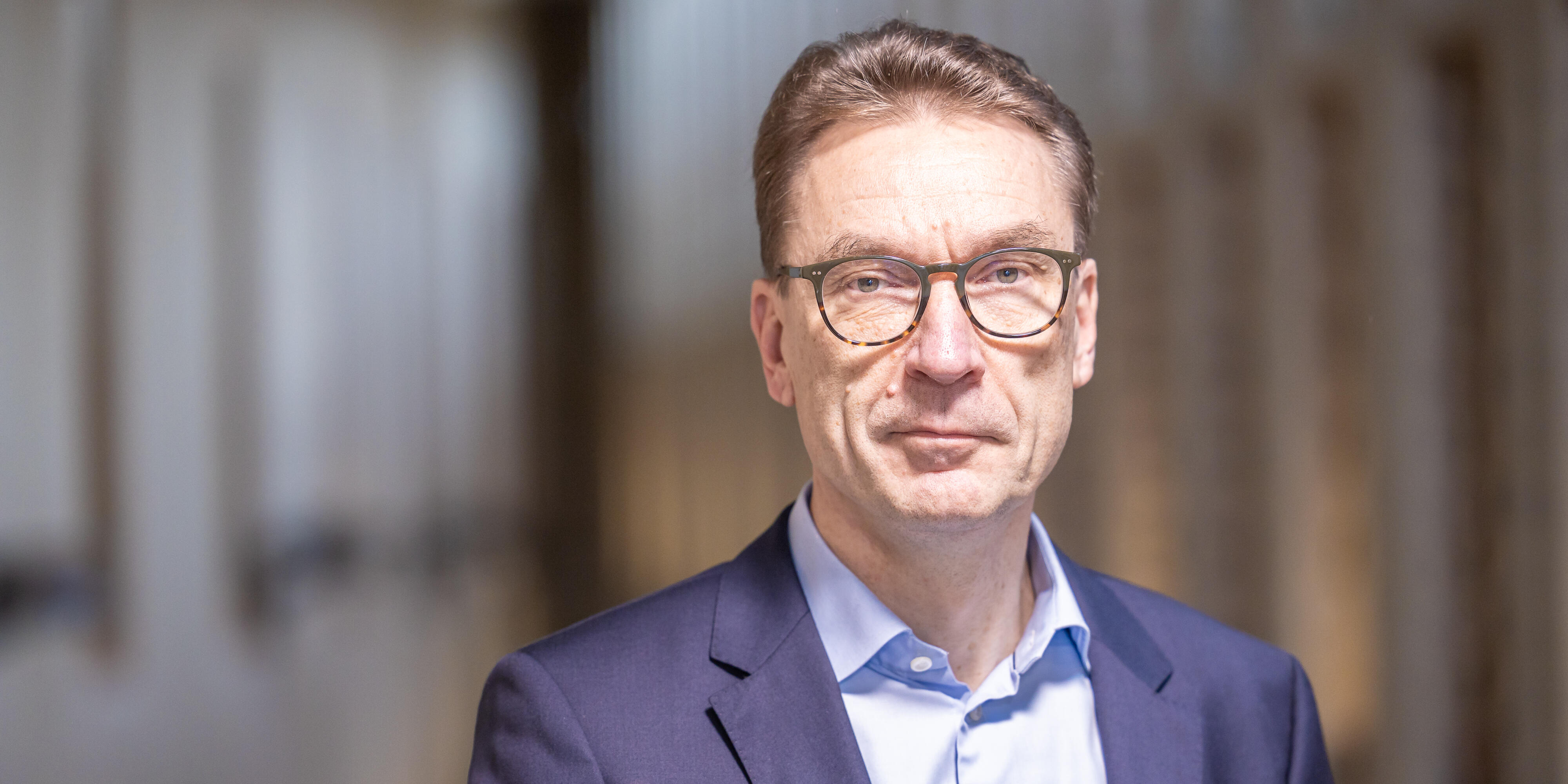
Lecture: “Slow humanities and computerized sciolism”
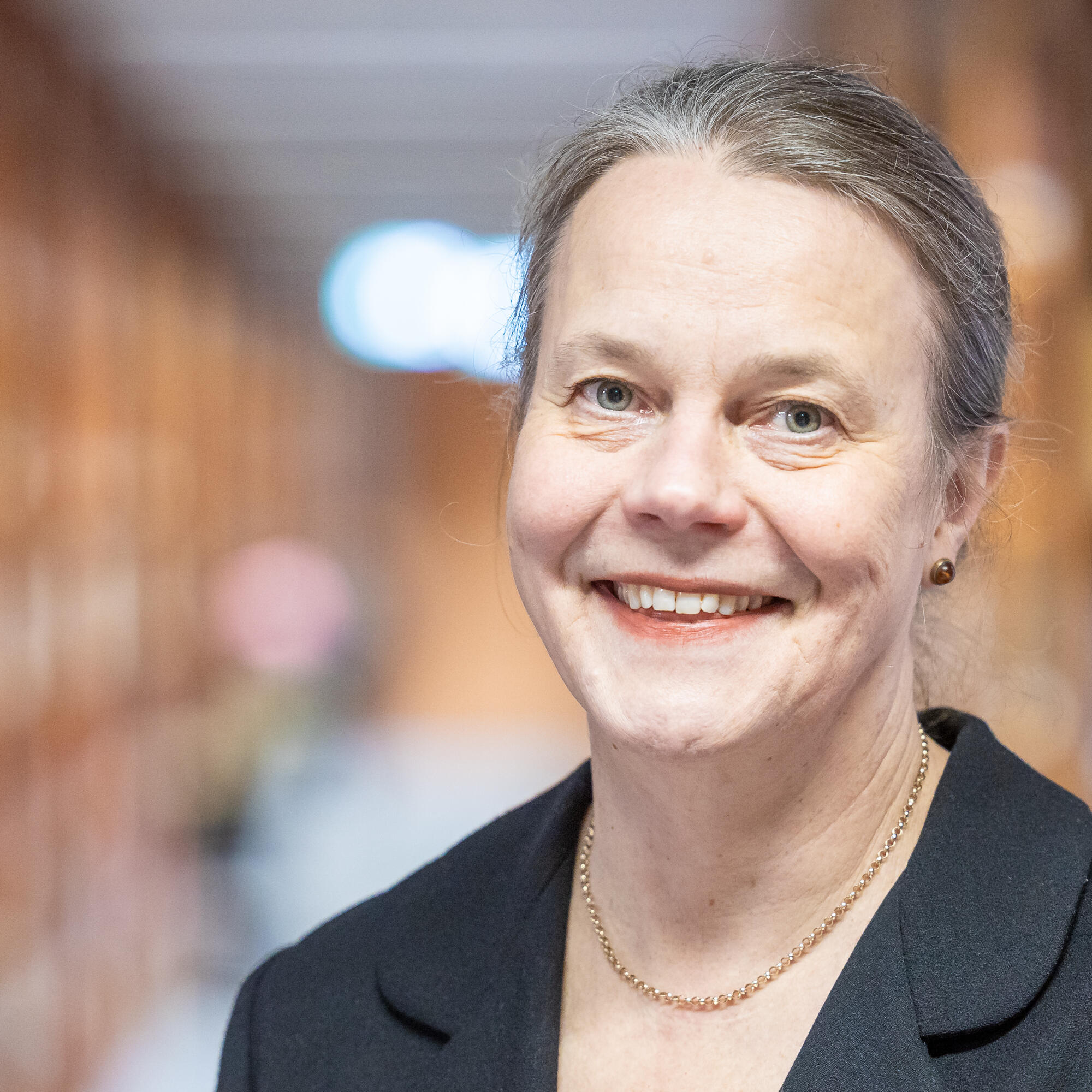
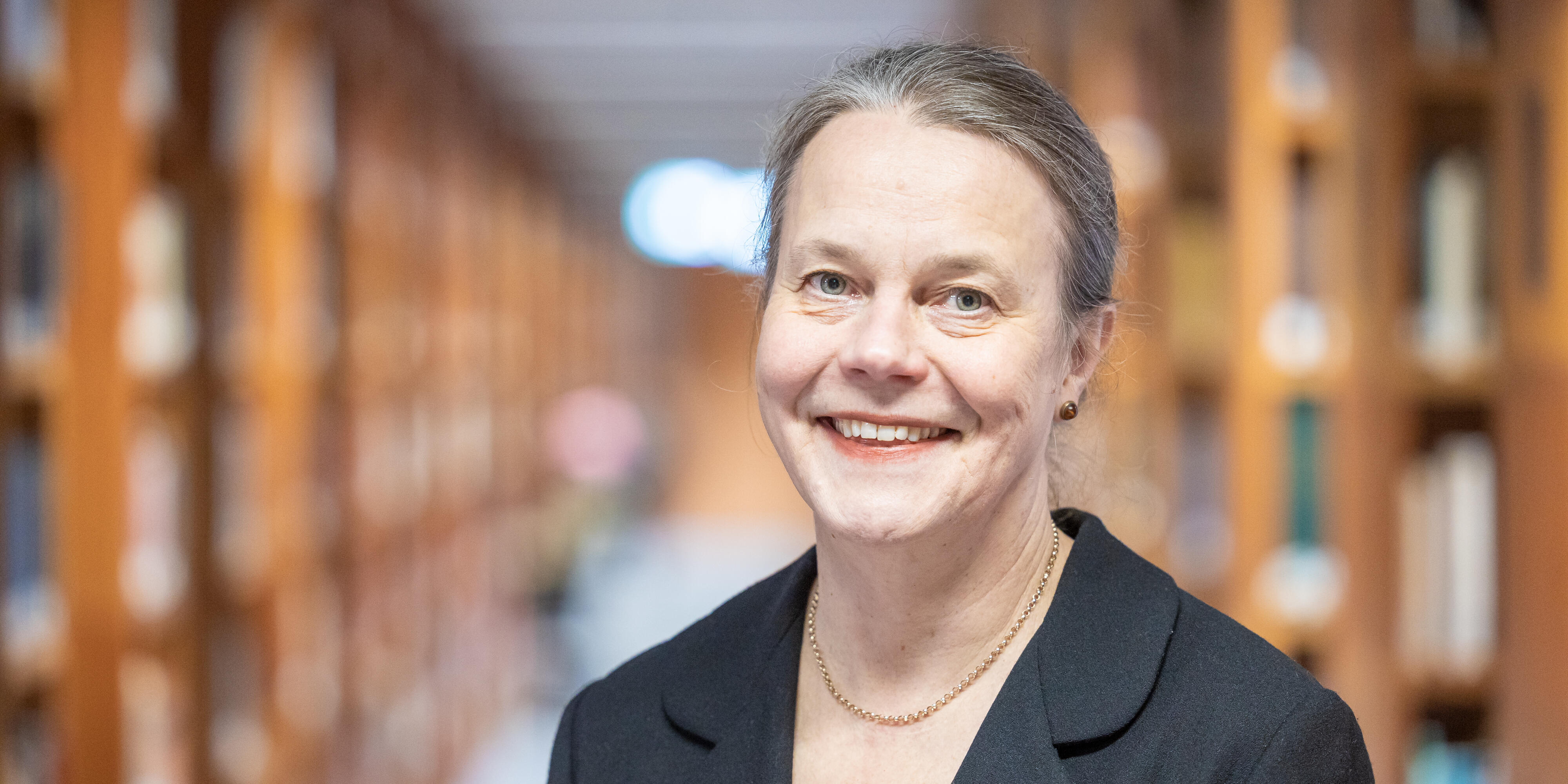
Lecture: “Does digitalization force us to forget? Performing arts as an example”


Conference “Zugänge zum Textilen”


Fourth Summer School Museology
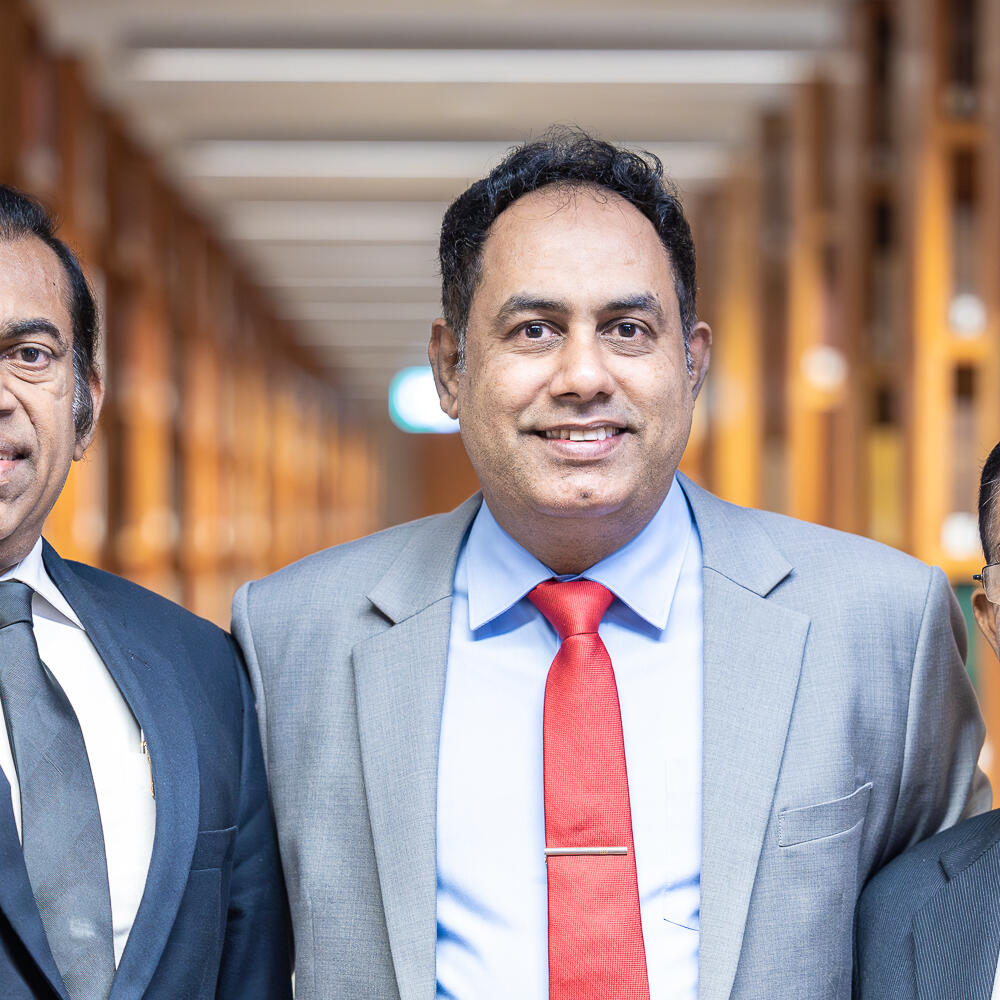
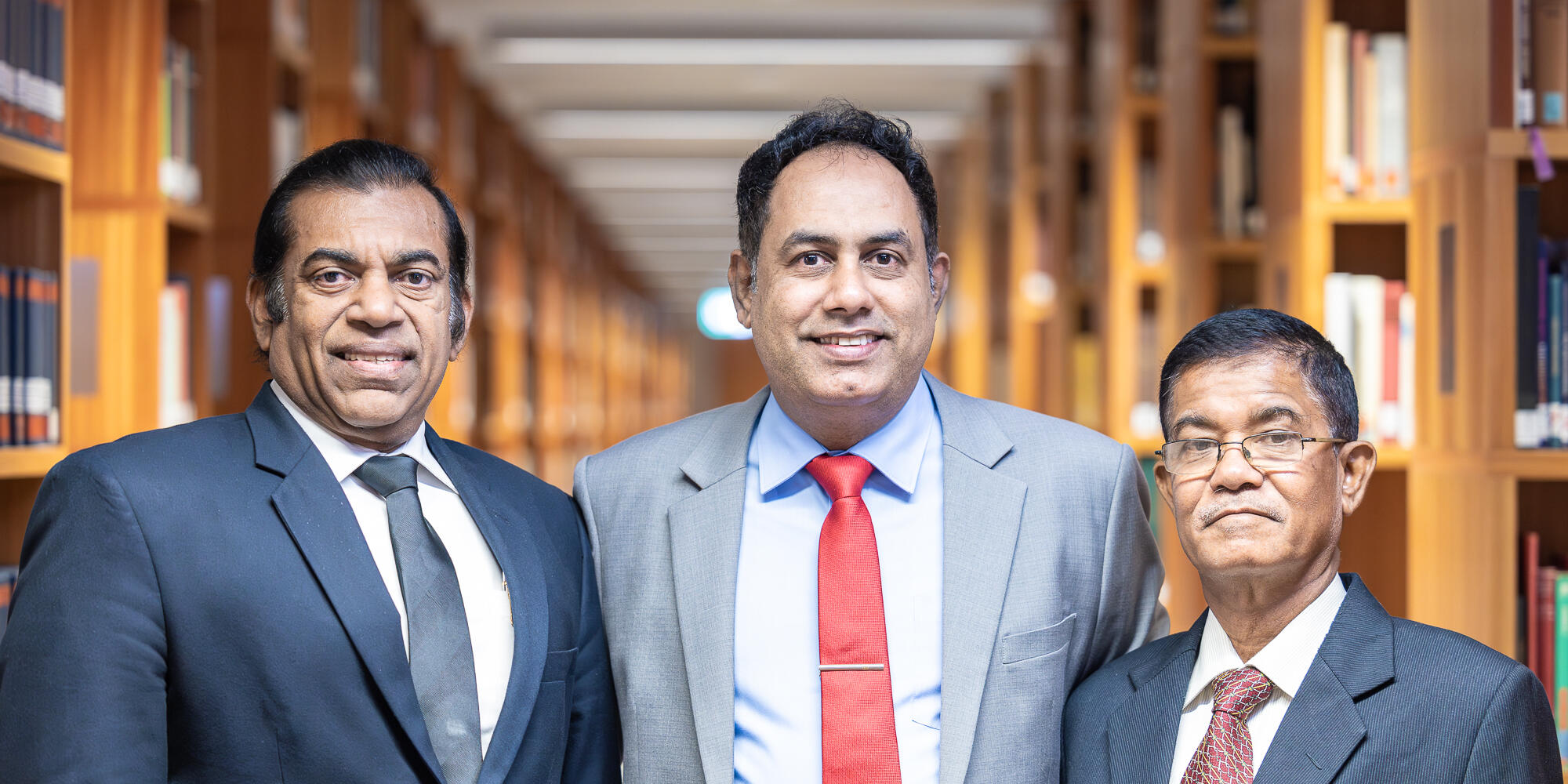
“Digital Access to Library Content – Legal Frameworks in Germany and Sri Lanka”
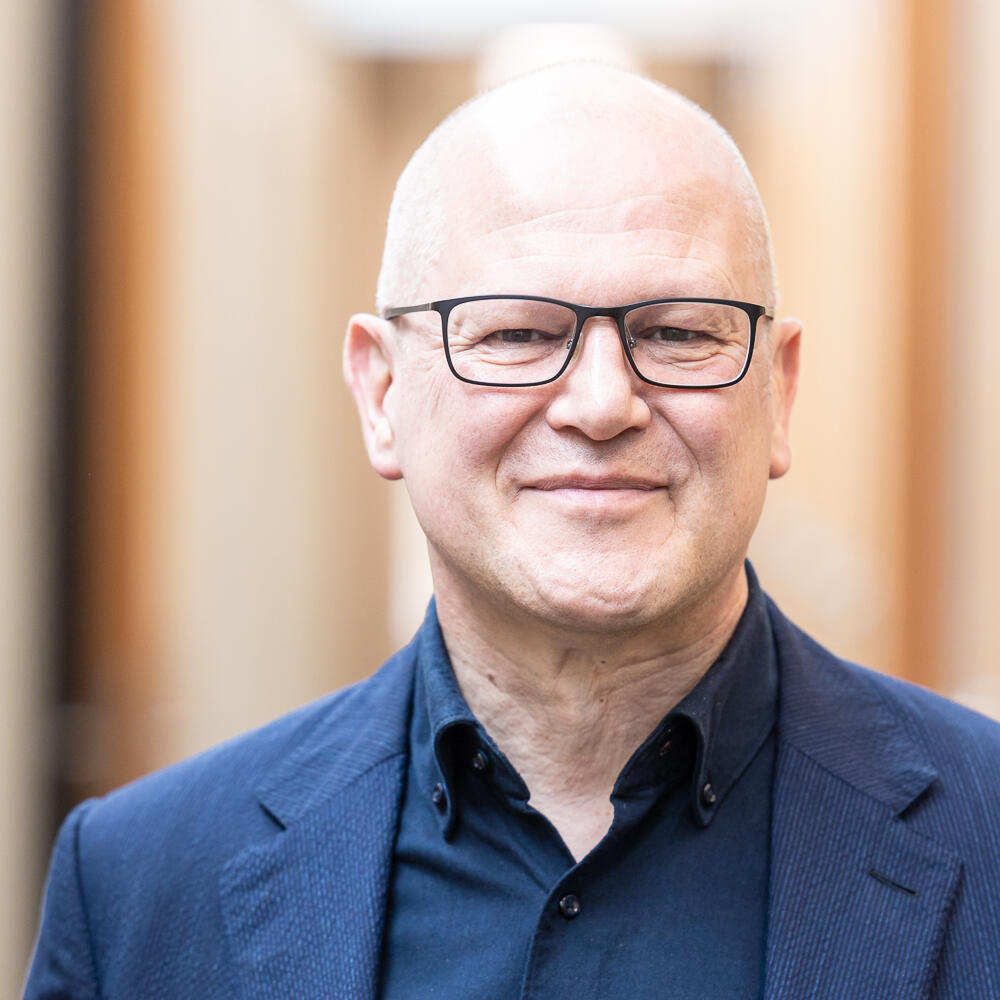
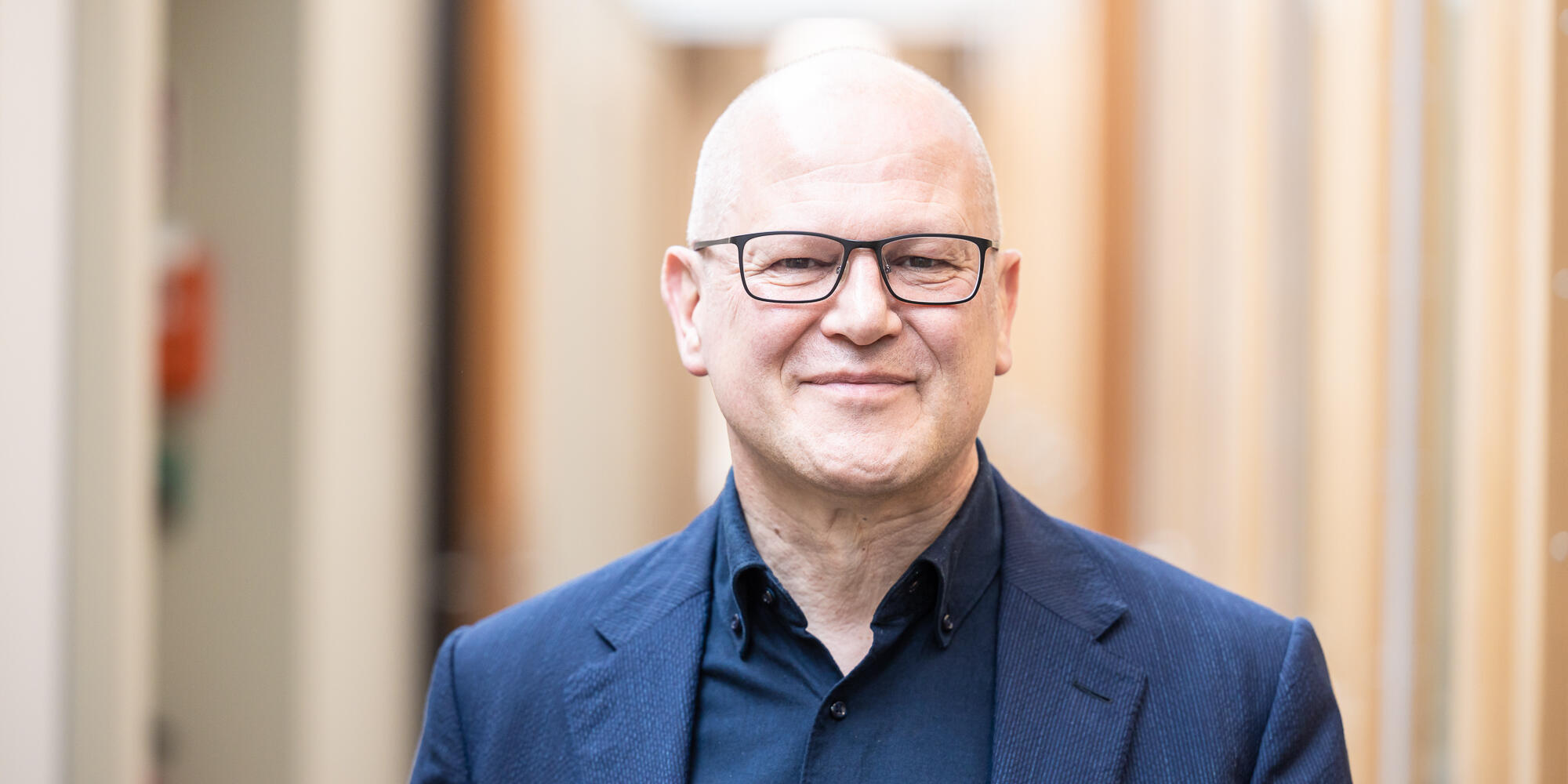
Fellow-Lecture: “‘Cultural Appropriation’. Questions about a concept”

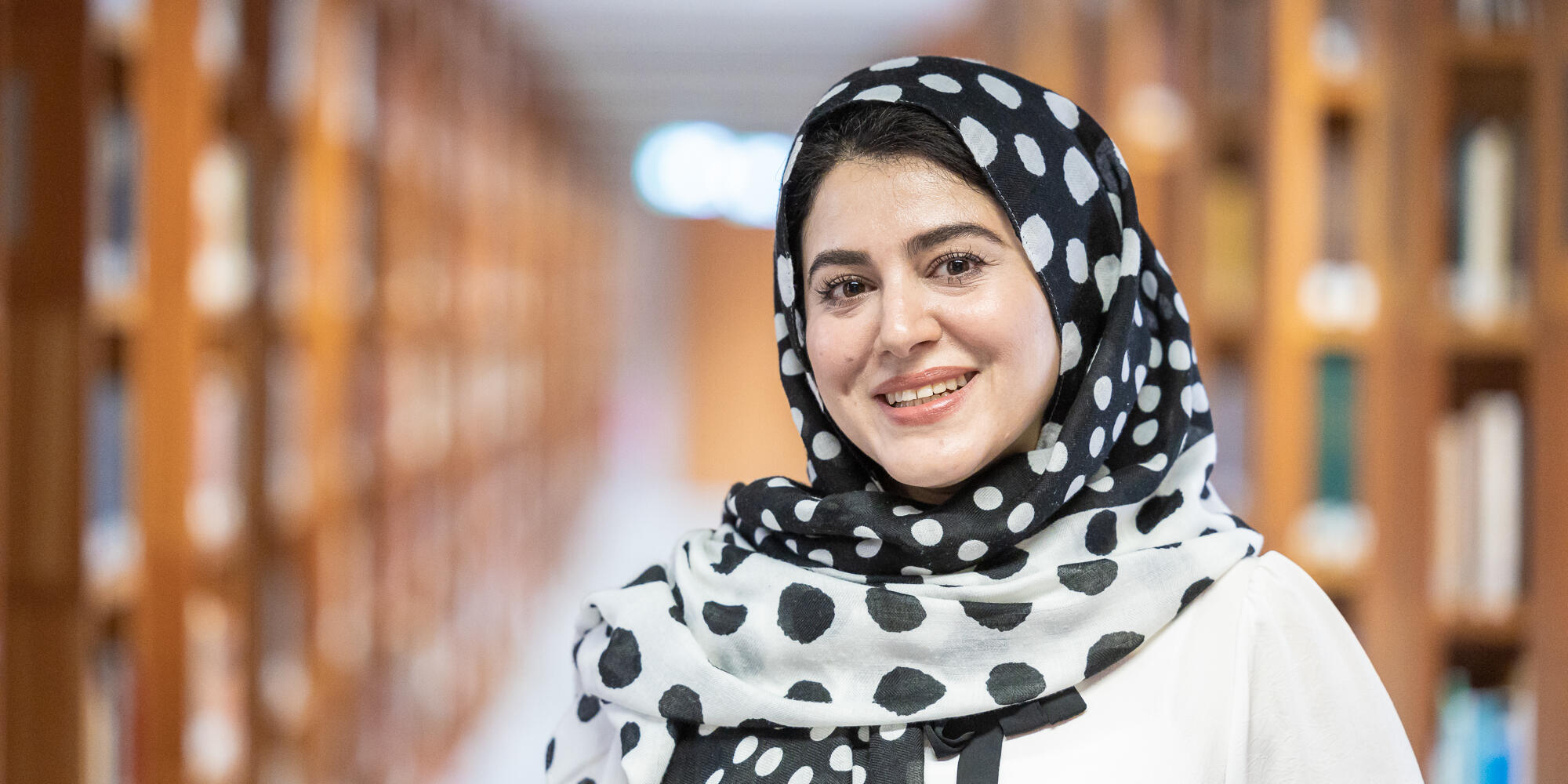
Fellow Lecture “Embodied Aesthetics”


Lecture: “The Sculptural in the (Post-)Digital Age”


Workshop “Protecting and accessing cultural goods in wartime”

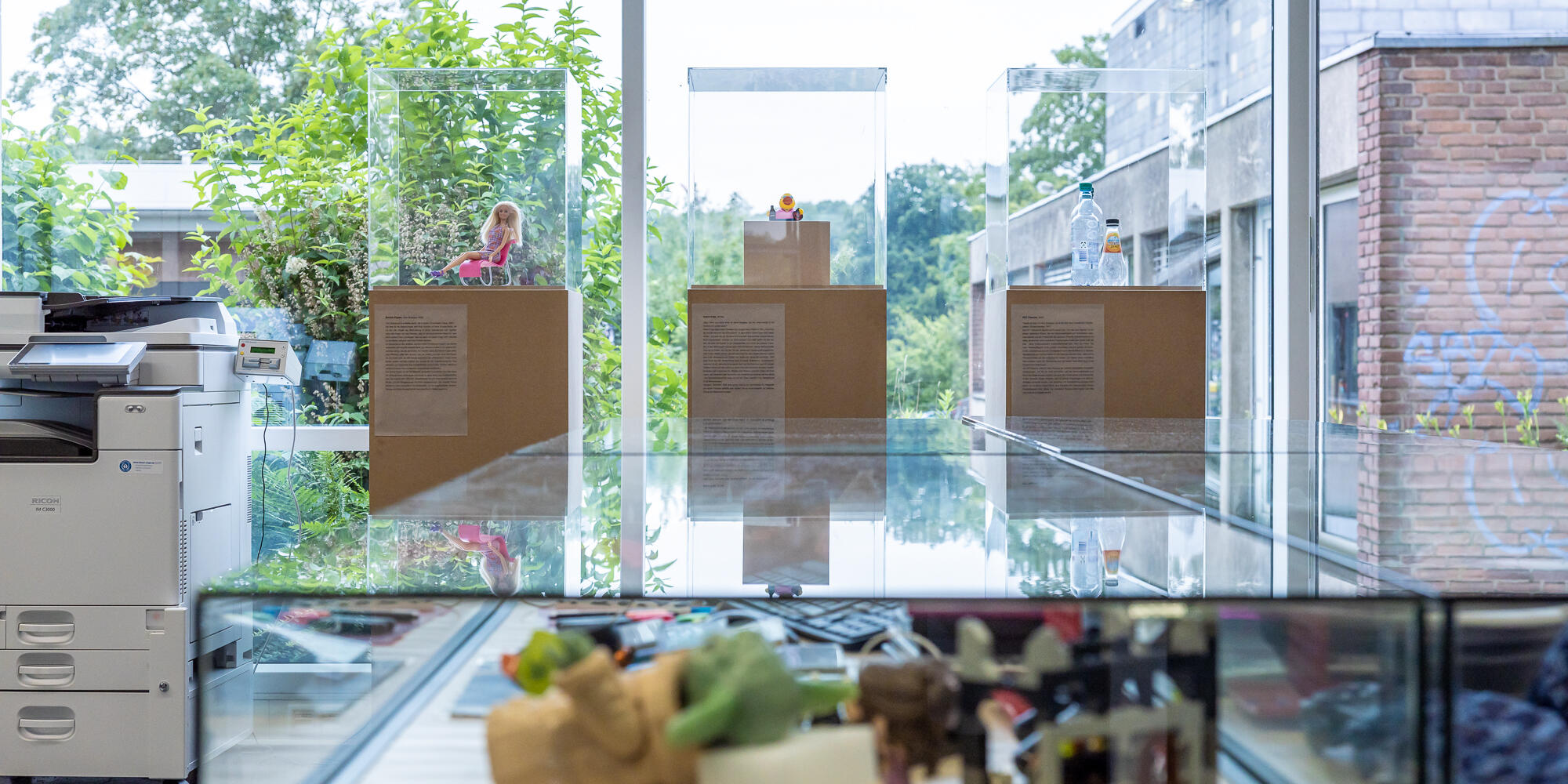
“Where the plastics live”: Video about the exhibition online


Video: Students' day at the Bremer Kunsthalle


Fellow Lecture by Prof. Dr. Erhard Schüttpelz


Video: Lecture “Access and loss of control – The new dependencies in the age of AI”


Oliver Laric – “Reclining Pan”: Exhibition and Lectures


Conference „Zugang gestalten!“
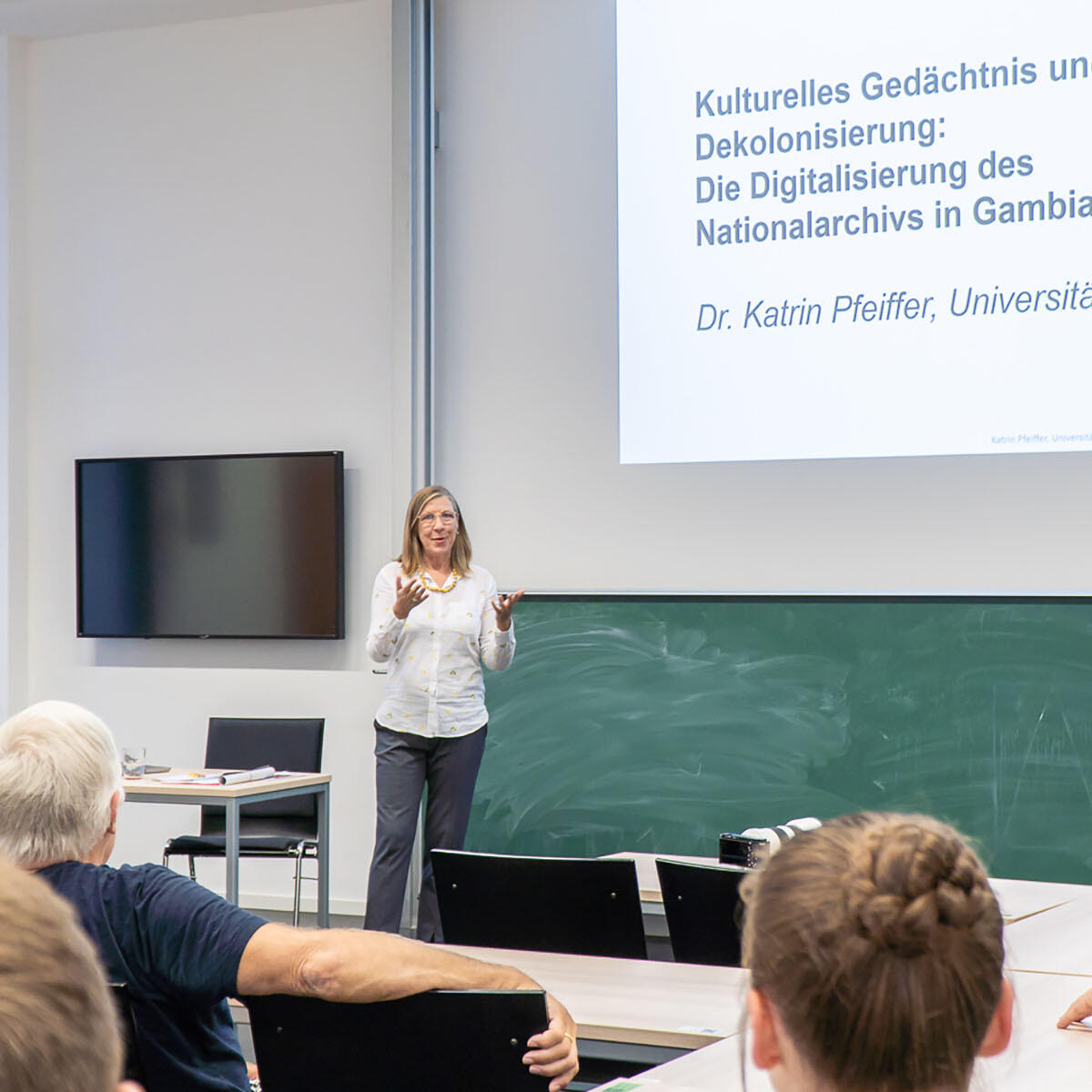

Cultural Memory and Decolonization: The Digitization of the National Archives in The Gambia


Centre for Advanced Study opened ceremoniously






